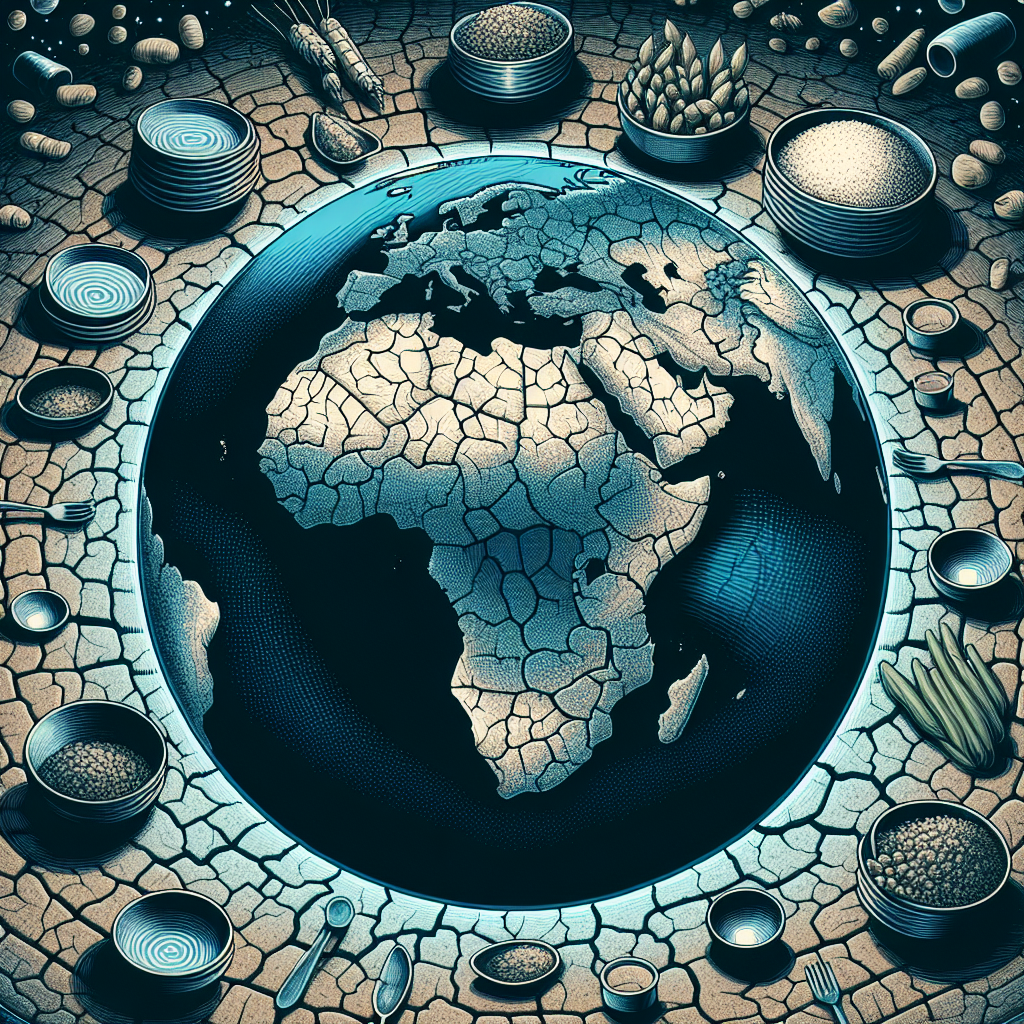The global climate initiatives aimed at reducing methane emissions have gained momentum with a commitment from 13 nations, including major agricultural producers like the United States, Argentina, Brazil, and Spain. This commitment, highlighted by a recent announcement from the Global Methane Hub, seeks to implement new restrictions on farmers to tackle methane emissions resulting from agricultural practices. The pledge was presented during a conference that emphasized collaboration among high-ranking officials, showcasing the growing political will to address environmental concerns within the food production sector. U.S. climate envoy John Kerry played a key role in representing the U.S. at this conference, emphasizing the importance of reducing methane as a key factor in combating climate change.
At the heart of this commitment is a concerted drive to alter agricultural practices in pursuit of a sustainable food system that purportedly reduces greenhouse gas emissions. However, the push for these changes comes at a time when global organizations such as the World Bank and the United Nations have been sounding alarms about looming food shortages and potential famine. Critics find it ironic that while there is a clear warning about global food security, leading nations are simultaneously advocating for measures that appear to shift focus from maximizing food production to mitigating environmental impact through less well-known and possibly unproven agricultural models. The conflicting priorities raise questions about the effectiveness of implementing mitigation strategies at a time when food supply should remain a global priority.
Key figures in the Global Methane Hub have pointed out that food systems are responsible for a significant portion of methane emissions, with Marcelo Mena emphasizing the need for innovative mitigation strategies. Despite this, there’s growing skepticism around the push for transformation in food production as it relies heavily on ambiguous ideas of alternative farming practices and technologies. For instance, the vague promise of increasing “scientific practices” raises concerns because it lacks transparency and specificity—leading many to question how these practices will affect traditional farming and global food supply chains, especially in regions reliant on livestock.
Furthermore, the U.S. Environmental Protection Agency has been proactive in addressing its methane emissions, extending its initiatives worldwide. The Biden administration has also allocated funds to innovative projects aimed at reducing methane emissions and empowering specific communities, like female climate activists in Kenya. These international efforts reflect a broader commitment to leadership in mitigating climate change issues on a global scale. However, this approach often prioritizes environmental goals over immediate food security, leaving critical food-producing regions vulnerable to overarching climate policies.
Another significant aspect of the new agricultural commitment is the potential shift toward alternative protein sources as part of meeting the sustainability goals set forth by global leaders. There have been growing discussions surrounding the replacement of traditional livestock with insect protein and lab-grown meat; these practices have received backing from influential organizations and billionaires keen on revolutionizing food systems. While these innovations present themselves as sustainable solutions, concerns arise about their integration into the food supply, particularly regarding labeling and public acceptance. These novel approaches could drastically change dietary patterns and raise questions about nutritional adequacy and cultural preferences across various populations.
As these initiatives progress, it becomes increasingly apparent that a fine balance must be struck between environmental sustainability and food security. The commitment by 13 nations to reduce methane emissions could very well lead to a redefined agricultural landscape, yet the ramifications for food production need to be carefully navigated to avoid exacerbating existing food insecurities. The challenge lies in ensuring that the steps taken towards sustainability do not undermine the ability to feed the global population, prompting a need for transparent dialogue about farming practices and food systems that can accommodate both environmental stewardship and the urgent need for access to nutritious food.

